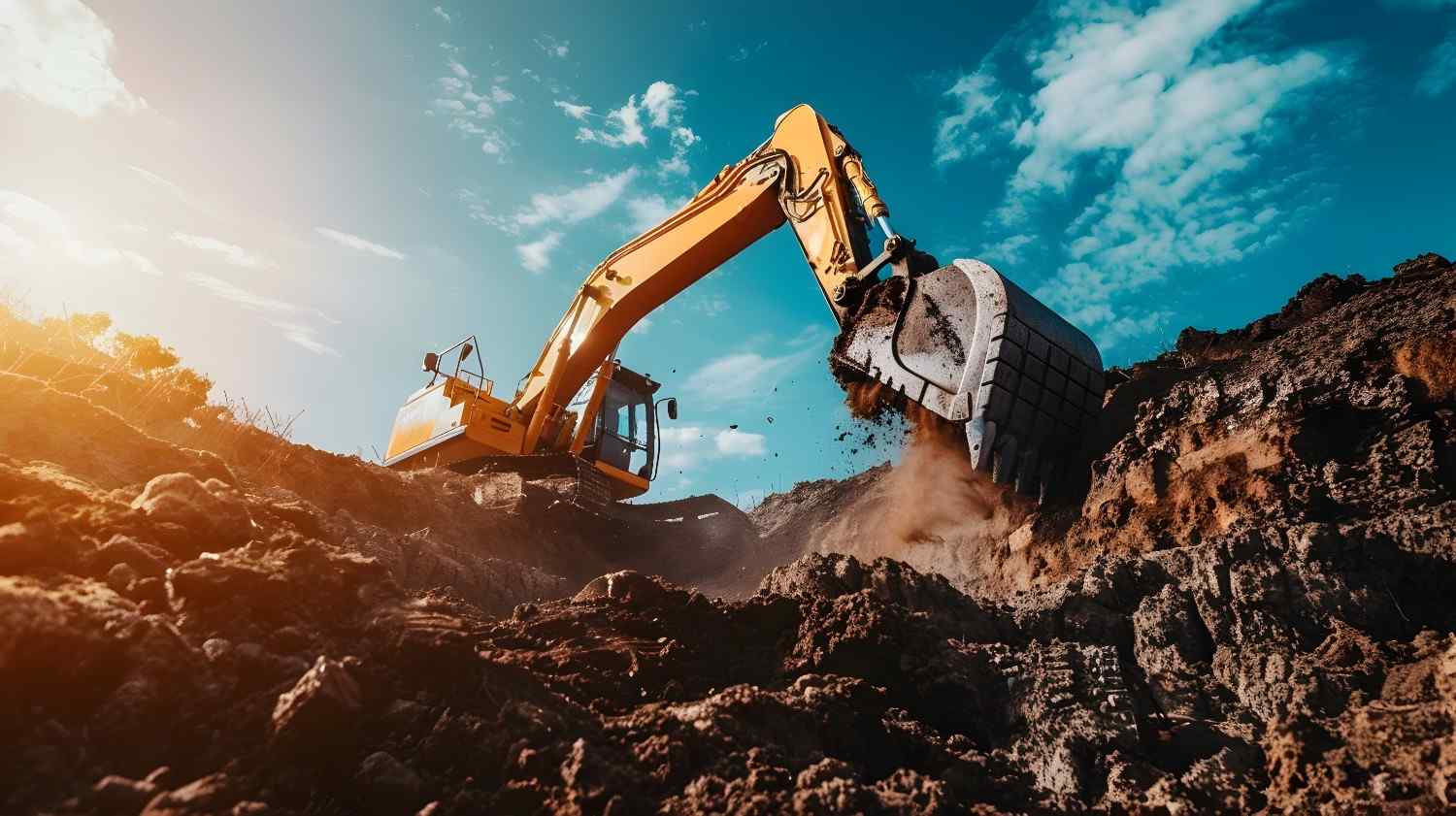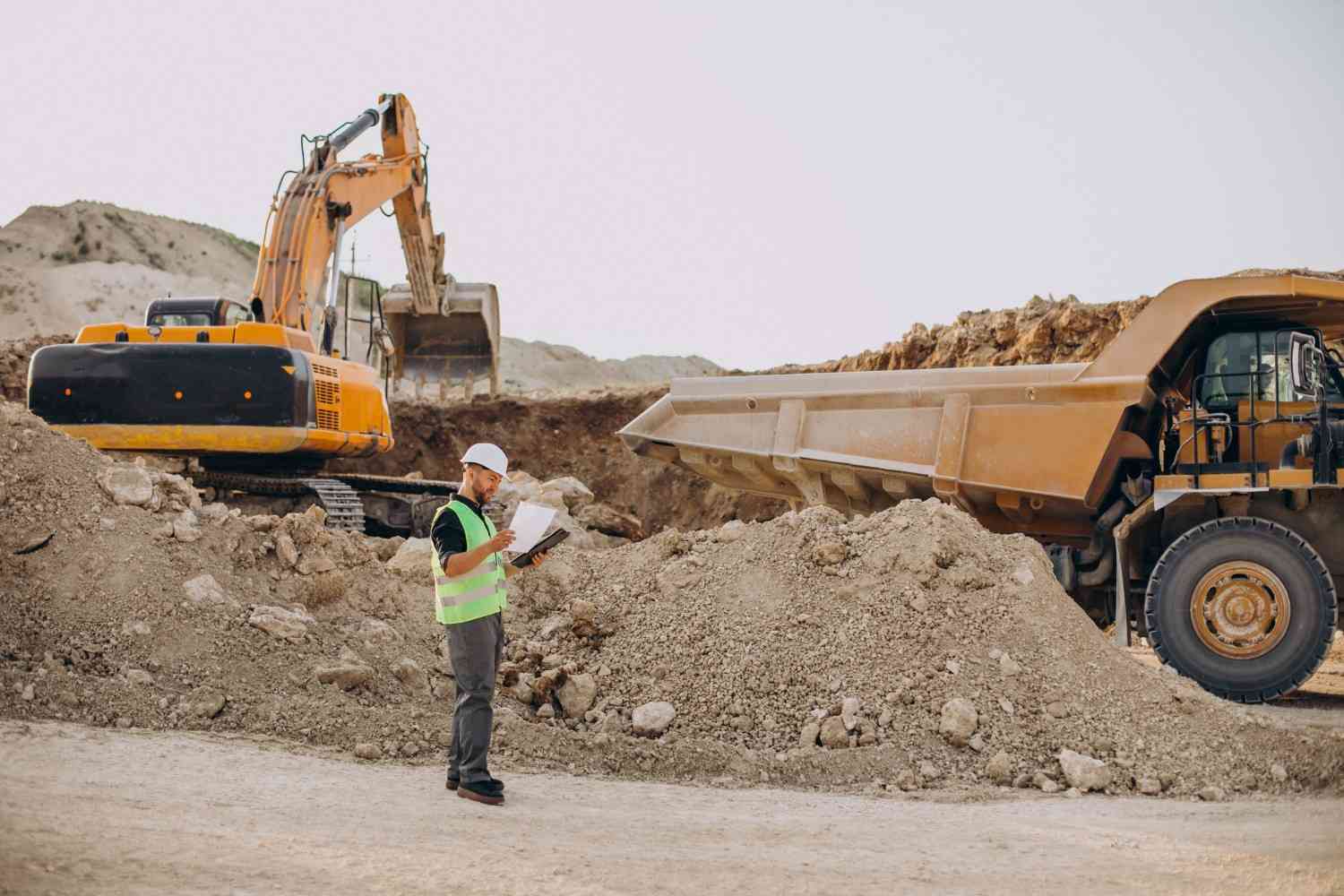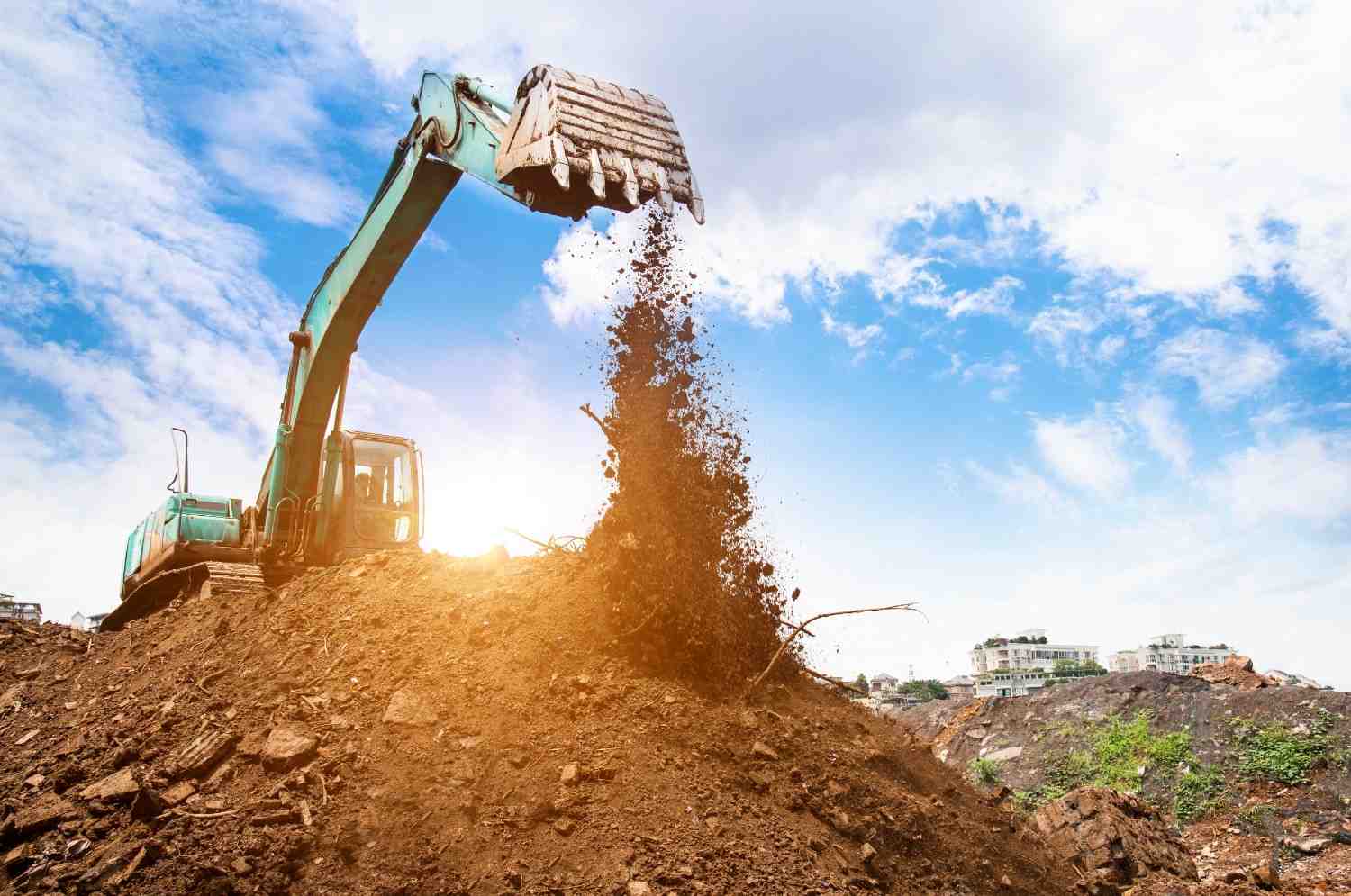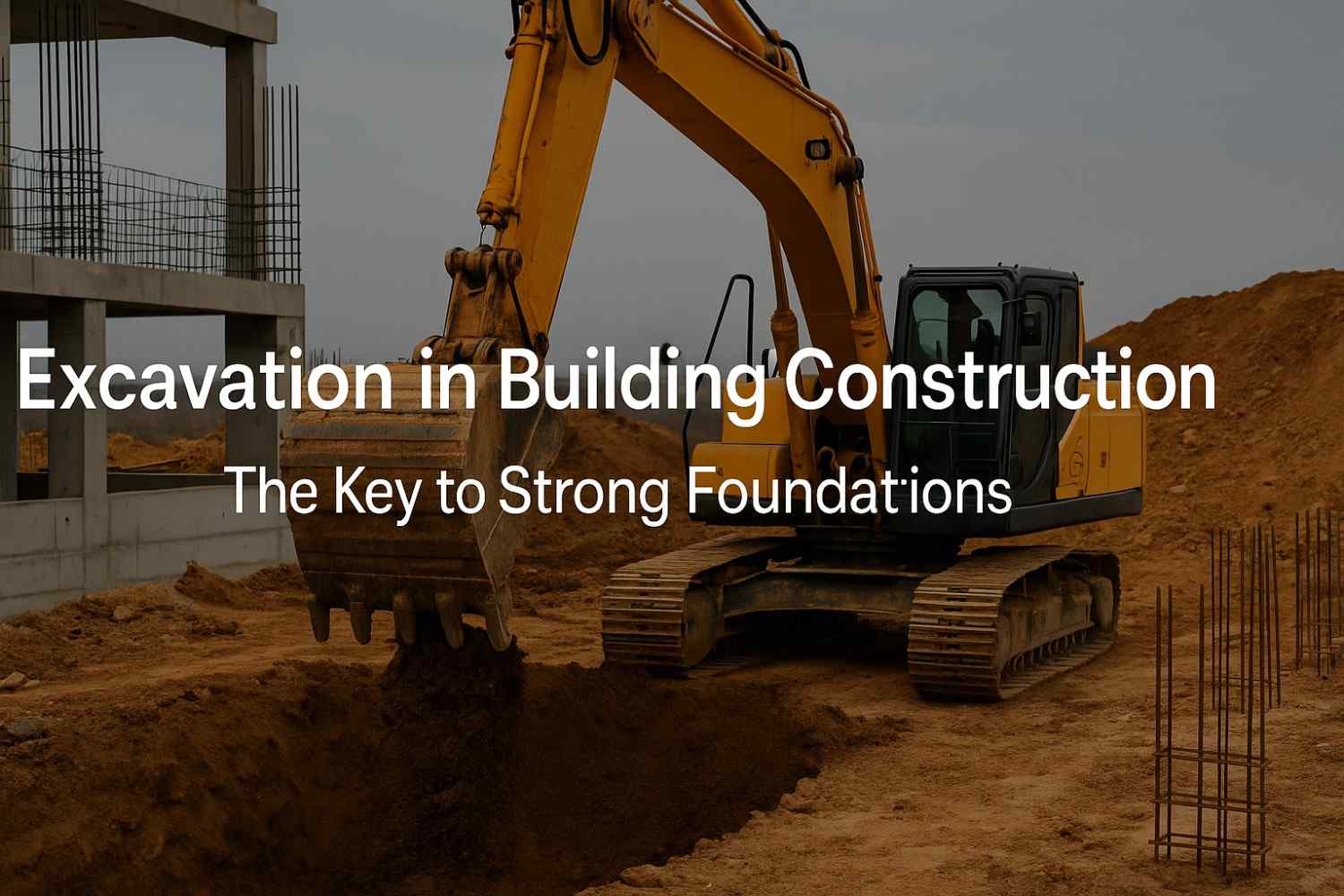The strength and integrity of any building begin with its foundation, which is carefully laid deep beneath the surface. Excavation plays a critical role in ensuring the structure’s long-term stability by preparing the ground to support the weight and demands of the building. Since soil conditions and weather can vary significantly from one location to another, meticulous attention to ground preparation is essential to avoid potential issues down the line.
Proper excavation ensures that the foundation sits on stable, well-prepared ground, reducing the risk of settling, shifting, or structural damage over time. When executed correctly, this process guarantees not only stability and durability but also the long-term safety of the entire structure, supporting its ability to withstand both everyday use and environmental pressures.
Preparing the Ground for Stability
Before concrete is poured or walls are built, the ground must be carefully prepared. Excavation involves removing soil, rocks, and debris to create a stable foundation for the structure. This process goes beyond simply digging; it requires detailed planning to ensure the ground can handle shifting loads, proper drainage, and future structural demands. The quality of the ground directly impacts the stability of a structure over time. Unstable or uneven soil can cause settling, cracks, or even structural failure. Excavation ensures the soil is compacted, leveled, and capable of supporting weight, making it a critical step in modern construction.

Enhancing Drainage and Preventing Damage
An effective excavation plan is essential for proper water management. Without directing water away from a structure, issues like erosion, foundation damage, and expensive repairs can occur. Precise grading and sloping during excavation ensure water drains away from the building instead of pooling beneath it. Proper drainage also helps prevent mold, flooding, and frost damage, particularly in areas with seasonal weather changes. This makes excavation a critical early step in protecting a property from environmental stresses.
Supporting Complex Infrastructure Projects
Excavation isn’t just crucial for residential projects—it’s vital for large-scale developments like commercial buildings, bridges, and infrastructure systems. It ensures sites are properly prepared for utilities, foundations, and underground installations. Roads, pipelines, and retaining walls all rely on accurate excavation to remain secure and durable for years. In expanding cities, many new developments require specialized preparation due to varying soil conditions or previous land use. Proper excavation provides a stable foundation, supporting long-term growth and sustainability.

Excavation as a Safety Measure
Safety is crucial in construction, and proper excavation plays a key role in maintaining it. Stable excavation prevents soil collapse, reduces the risk of uneven settling, and creates a safer environment for workers. It also ensures the foundation remains stable over time, minimizing the risk of future structural issues. Many regions enforce specific excavation standards that must be met before construction begins. Adhering to these standards helps ensure buildings can withstand environmental challenges like earthquakes, heavy rain, or snow.
Long-Term Benefits of Quality Excavation
Investing in quality excavation pays off in the long run. A strong foundation reduces the risk of costly repairs or major maintenance later. Proper leveling and drainage also improve energy efficiency by preventing water damage and insulation issues. Structures built on well-prepared ground are more durable, require less upkeep, and hold greater value. This essential step benefits homeowners, developers, and property owners alike.

How Excavation Shapes the Future of Construction
Modern excavation requires advanced planning, precision, and a deep understanding of soil. In Salt Lake City excavation projects, professionals assess terrain to determine the best long-term approach. With the increasing demand for sustainable and durable buildings, proper excavation is more crucial than ever. Whether for homes, commercial spaces, or public infrastructure, excavation ensures every structure rests on a solid foundation. This essential step enables buildings to serve communities for generations.









